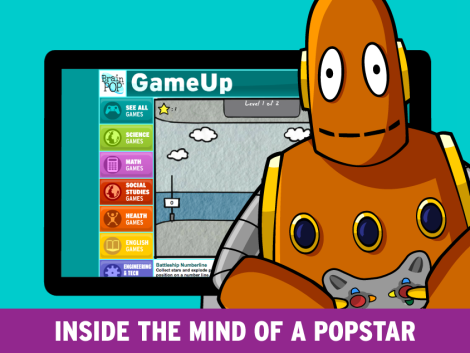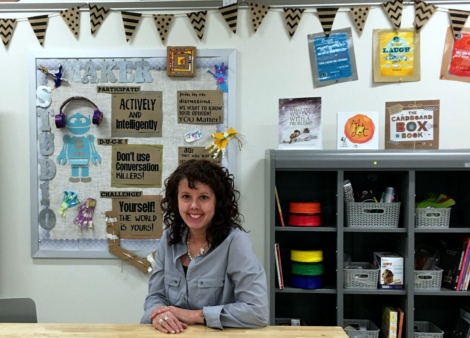
Games and Educational Research: A Match Made in Digital Heaven
Posted by cemignano on
Guest blogger Myra Luna-Lucero, M.A., Ed.M. shares the relationship between games and educational research, and her experience using GameUp games in that capacity. Myra is a third year doctoral student in the Communication, Computing, Technology, and Education department at Teachers College Columbia University. She studies social belonging, self-efficacy, anxiety, and empowerment in science, technology, engineering, and math (STEM) topics in schools.
Over the past 20 years, video games have had a big impact on the entertainment industry. Today, nearly every household has a computer, game console, or smart phone capable of playing games. A lot of research shows that games are also quite useful for their educational value; or at the very least, through the use of educational games (Gee, 2003). They can make learning relevant with little risk. For example, a student can examine the inner workings of the digestive system without performing surgery in the game, “Build-A-Body: Digestive System” (Spongelab).
Games let people scaffold content so they can self-pace their learning. They also allow for what social psychologist Dr. Carol Dweck (1986) has coined “incremental learning”, also know as a “growth mindset”.
A growth mindset is having the belief that success is based on hard work, training, and perseverance. For example, a student can exhibit a growth mindset when he or she plays an educational game, struggles with a level, tries again, and again, and then improves their performance to reach the game’s goal. Students struggle or fail, find meaning in the struggle, or train and persist to be better players. When playing educational games, students may not ask, “Why are we learning this?” but rather state, “I see meaning here. I get it.”
BrainPOP’s GameUp collection of games provides a great medium to pilot research in many fields including educational psychology and cognition. This collection of games can help researchers quickly probe larger questions such as a growth mindset, or help researchers better understand how games impact learners.
Because BrainPOP games undergo an intense screening process, for playability and educational value, researchers can trust that games on GameUp are high quality.
I can speak from personal experience. In a recent research meeting on campus, my team wanted to find a quick content-specific task to pilot with a small group of students. We discussed several options and determined that BrainPOP’s “Sortify: Natural Resources” provided an ideal medium to pilot our research surveys. The game had a quick entry point, plus, it allowed students to learn from mistakes and persevere towards the learning goal.
BrainPOP’s GameUp provides many opportunities for learners, teachers, administrators and researchers alike. The GameUp collection is an ideal resource for reaching students in age-specific ways that appeal to multiple levels of learning at various learning levels.














